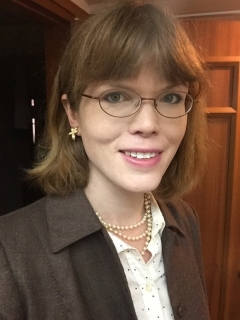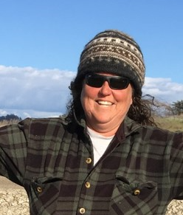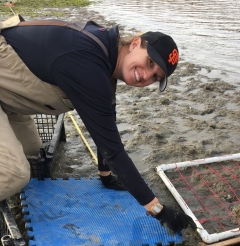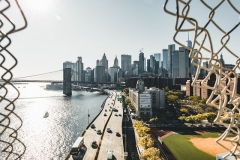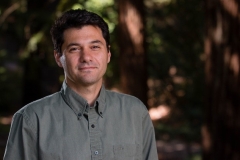Student Alice McGown at COP26: Leave It In The Ground
The Center for the Blue Economy celebrates Alice McGown, a master’s candidate pursuing International Environmental Policy, who will attend the United Nations Climate Change Conference (COP26) in Glasgow next week. She will bring one simple message to the nations of the world: leave fossil fuels in the ground.

